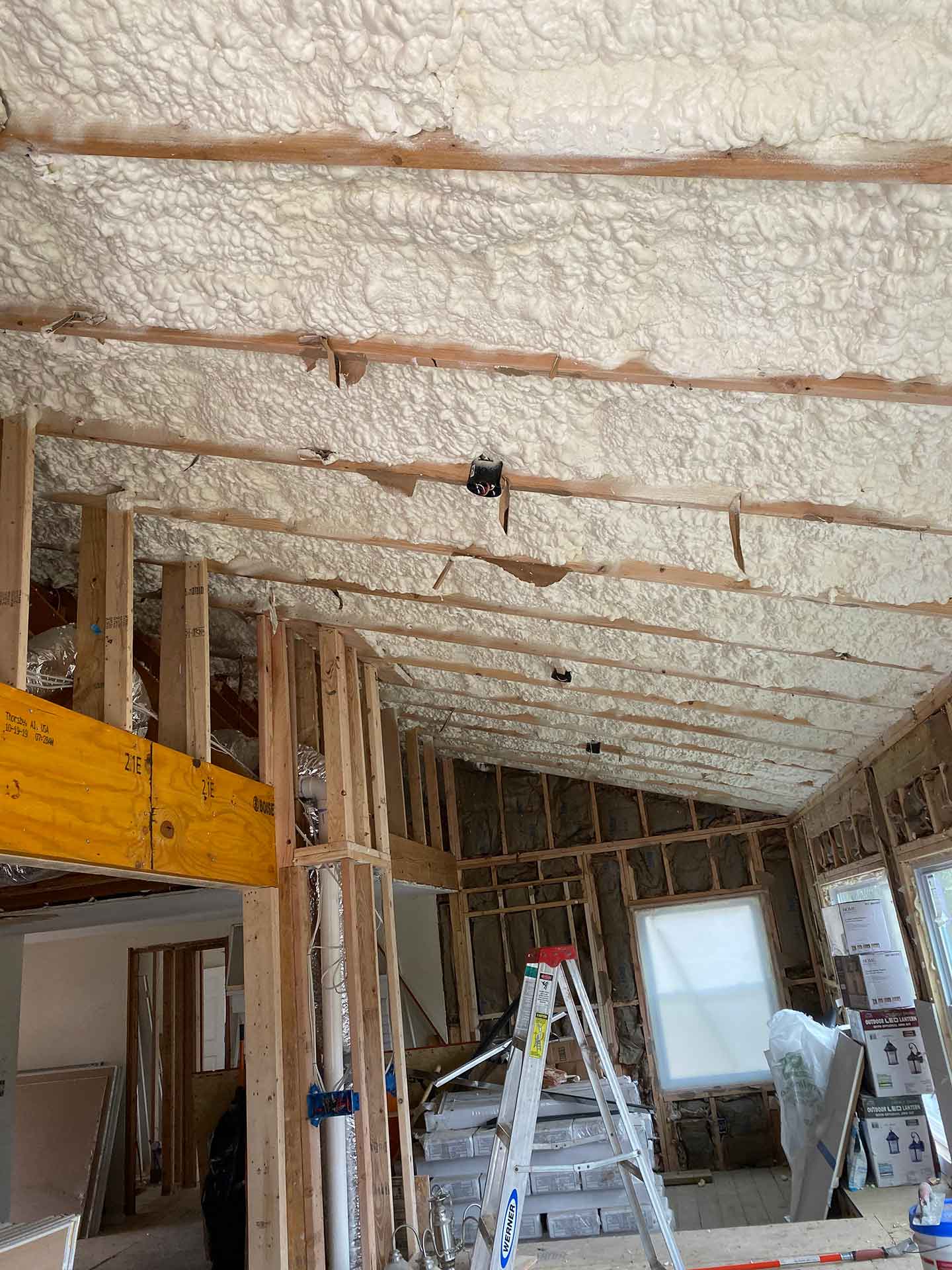Ceiling insulation has become a hot topic in the realm of energy efficiency and home comfort. Homeowners and builders alike are increasingly recognizing the importance of proper insulation to reduce energy consumption and create a comfortable living environment. In this article, we will delve into the question: Does ceiling insulation make a difference? We will explore the benefits, considerations, and potential drawbacks of ceiling insulation, providing you with a comprehensive understanding of its impact.
- Enhanced Energy Efficiency:
Ceiling insulation plays a crucial role in improving energy efficiency within a building. By effectively reducing heat transfer, insulation helps to maintain a stable indoor temperature, reducing the need for excessive heating or cooling. This, in turn, leads to lower energy consumption and reduced utility bills. Studies have shown that properly insulated ceilings can result in energy savings of up to 20%. - Increased Comfort:
One of the primary benefits of ceiling insulation is the enhancement of indoor comfort. Insulation acts as a barrier against external temperature fluctuations, preventing heat from entering during hot weather and retaining warmth during colder seasons. This creates a more comfortable living environment by reducing drafts, temperature imbalances, and the need for constant temperature adjustments. - Noise Reduction:
In addition to its thermal properties, ceiling insulation can also contribute to noise reduction. Insulation materials, such as mineral wool or fiberglass, have sound-absorbing qualities that help to minimize external noise transmission. This is particularly beneficial for homes located in noisy areas or near busy roads, providing a quieter and more peaceful living space. - Condensation Control:
Ceiling insulation can effectively control condensation issues within a building. By creating a thermal barrier, insulation helps to prevent warm, moist air from coming into contact with cold surfaces, reducing the likelihood of condensation forming. This is especially important in humid climates or areas prone to condensation-related problems, such as mold and mildew growth.
Considerations and Potential Drawbacks:
While ceiling insulation offers numerous benefits, it is essential to consider certain factors before installation. Firstly, the choice of insulation material should be based on factors such as R-value, fire resistance, and environmental impact. Additionally, proper installation is crucial to ensure maximum effectiveness and avoid potential issues, such as compressed insulation or gaps. Lastly, it is important to note that insulation alone may not solve all energy efficiency problems, and other factors, such as air sealing and ventilation, should also be considered.
Conclusion:
In conclusion, ceiling insulation does make a significant difference in terms of energy efficiency, comfort, noise reduction, and condensation control. By investing in high-quality insulation materials and ensuring proper installation, homeowners can enjoy reduced energy bills, improved indoor comfort, and a quieter living environment. However, it is crucial to consider various factors and seek professional advice to make informed decisions regarding insulation choices and installation methods. Embracing ceiling insulation is a step towards creating a more sustainable and comfortable living space.

